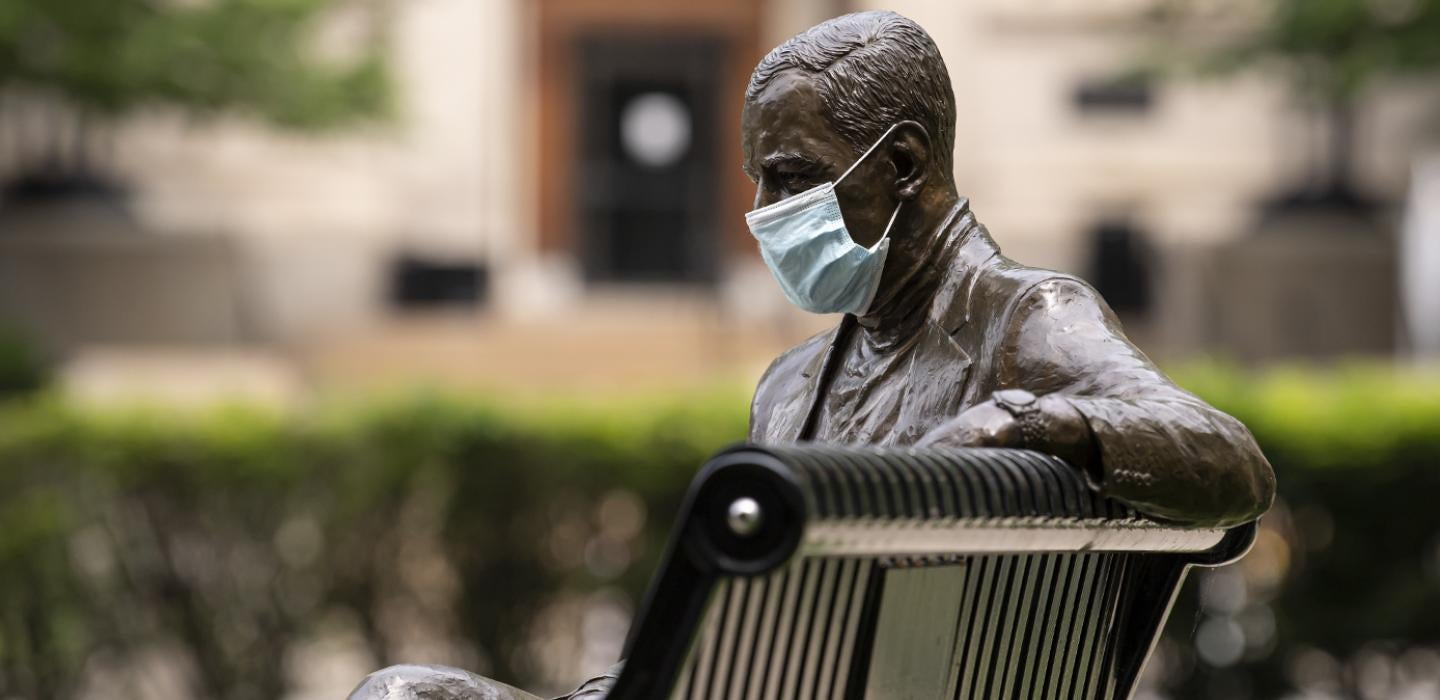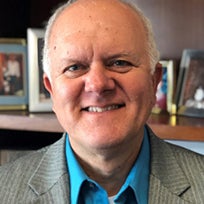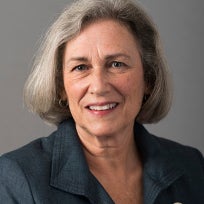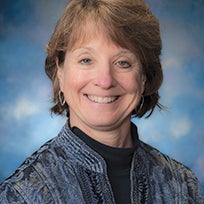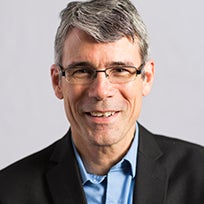
Subscribe to Pittwire Today
Get the most interesting and important stories from the University of Pittsburgh.As the University of Pittsburgh moves ahead with resiliency planning for a return to campus, the Chancellor’s Healthcare Advisory Group (HCAG) is guiding recommendations around campus health and safety, and monitoring changing conditions in order to coordinate Pitt’s COVID-19 policies with the status of the city, county and state.
The group—a multifaceted panel of experts in health care, law, medicine, public health, occupational health and safety, infectious diseases and epidemiological modeling and emergency preparedness—is meeting regularly to apply their collective knowledge to the very practical questions that need to be answered and issues that must be resolved as the campus community adjusts to working, living and learning together amid COVID-19.
What do they know? And what are they learning?
In this two-part series, we ask them to weigh in on four quick questions.
Here, we hear from:
- Jay Frerotte, assistant vice chancellor for environmental health and safety;
- Anne Newman, Katherine M. Detre Endowed Chair, population health sciences and professor and chair, epidemiology in the Graduate School of Public Health;
- Sally Wenzel, Rachel Carson Chair of Environmental Health and professor and chair, environmental and occupational health in the Graduate School of Public Health;
- John V. Williams, Henry L. Hillman Endowed Chair in Pediatric Immunology and professor of pediatrics in the School of Medicine.
How would you explain your field of expertise to someone without a health, science or safety background?
Frerotte: I manage safety-related programs that protect the health of Pitt students, staff and faculty, as well as protecting the environment and community at large.
I lead a department that provides consultation to Pitt on safe research, workplace safety, fire and life safety and proper use and disposal of all types of chemicals and biological materials.
Newman: I am a physician and epidemiologist who studies healthy aging in the community. My research includes testing new ways to promote healthy aging including diet, exercise or medications. I teach graduate students in a course called “Epidemiologic Basis of Disease Control and Prevention,” which addresses evidence-based public health including surveillance, screening and intervention in communities.
Wenzel: As a board-certified pulmonologist (lung doctor) who specializes in asthma, I am well aware of the risks of viral infections to lung health. I also direct the Department of Environmental and Occupational Health in the Graduate School of Public Health, where we are very aware of and concerned about the impact of the environment on human health. We routinely assess environmental threats to human health, and efforts to mitigate these risks.
The virus that causes COVID-19 is also an environmental threat and the exposure to it must be assessed in a similar manner. What are the risks of the virus and the benefits of having an open university? And how do we do our best to come to an acceptable balance?
Williams: I am a board-certified pediatric infectious diseases specialist, and thus have experience with infectious diseases and transmission.
My own lab research for 20 years has focused on respiratory viruses and immunity, including coronaviruses and molecular testing. My career experience provides me a background to think about the SARS-CoV-2 virus and antibody testing, protective vaccines and ways to reduce spread.
What’s the most unexpected or surprising question or detail that’s come up for the advisory group’s review?
Frerotte: After 18 years at Pitt, I am still amazed that I continue to discover details of Pitt-related activities that I was unaware of.
Newman: I have met many of the senior staff at Pitt (via Zoom) and was pleased to know that they are already thinking about every question and detail.
Wenzel: It’s determining how to deal with students coming back from different parts of the country, the world or even locally: Should we have recommendations that are exactly the same for everyone, knowing that there are likely to be different levels of risk if someone is coming to Pitt for the first time, or returning to the University from a current COVID-19 hot spot, or from a region like Pittsburgh, where the risk is currently very low?
Williams: I’m most surprised by how many places our students come from. We really are a global university, which is fantastic, and we’re lucky to have such a diverse community. But it makes it tricky as we work to assess COVID-19 travel risk.
What is something you've learned through your experience living through this pandemic as a normal member of the community and outside your role as an expert in your field?
Frerotte: The community’s reaction to the pandemic confirmed my belief that people are diverse in their behaviors, ranging from individuals living in fear and seclusion to individuals with an overwhelming need to take immediate action in support of others.
Newman: I used to stop a couple times a week at different stores. I have learned that I can go for weeks without grocery shopping.
Wenzel: I have learned that messaging is so important. If communications aren’t easy to understand, sensible and consistent, it is very likely that even important messages will be lost or go unnoticed.
Williams: Even as an infectious diseases physician, the pandemic has brought home to me how closely we interact with other humans and how much I’ve had to improve my habits of avoiding transmission. I’ve never been a germaphobe, but I have improved my practice of hand hygiene, social distancing and, of course, face coverings.
What would you say to a student or parent worried about health and safety on campus this fall?
Frerotte: Millions of people worldwide seek a university experience with the intent of enriching their lives, enriching their families or enriching others.
Like universities around the globe, Pitt is seeking best practices to support this social experience while minimizing risk as much as practical. But, like any social experience in the midst of this pandemic, there will be risk.
In my opinion, Pitt is seeking to create a campus environment that has no more risk than other social settings in our community.
Newman: The Pitt Student Life staff are well trained and dedicated to the health of our students for all health issues and will be keeping a very close eye and ear on campus life.
Wenzel: We really can get through this. Yes, this is unprecedented and there are risks that didn’t exist at this time last year. Still, if we take modest steps to protect ourselves and others, we can have a safe and productive semester.
Williams: All of life entails some risk, and a wise person tries to balance reduction of risk with living a full and normal life. If students practice these simple principles of hand hygiene, masks, and social distancing, they can have a wonderful and full college experience with relatively low risk. I’m sending my kids back to their schools this fall with the same advice.


